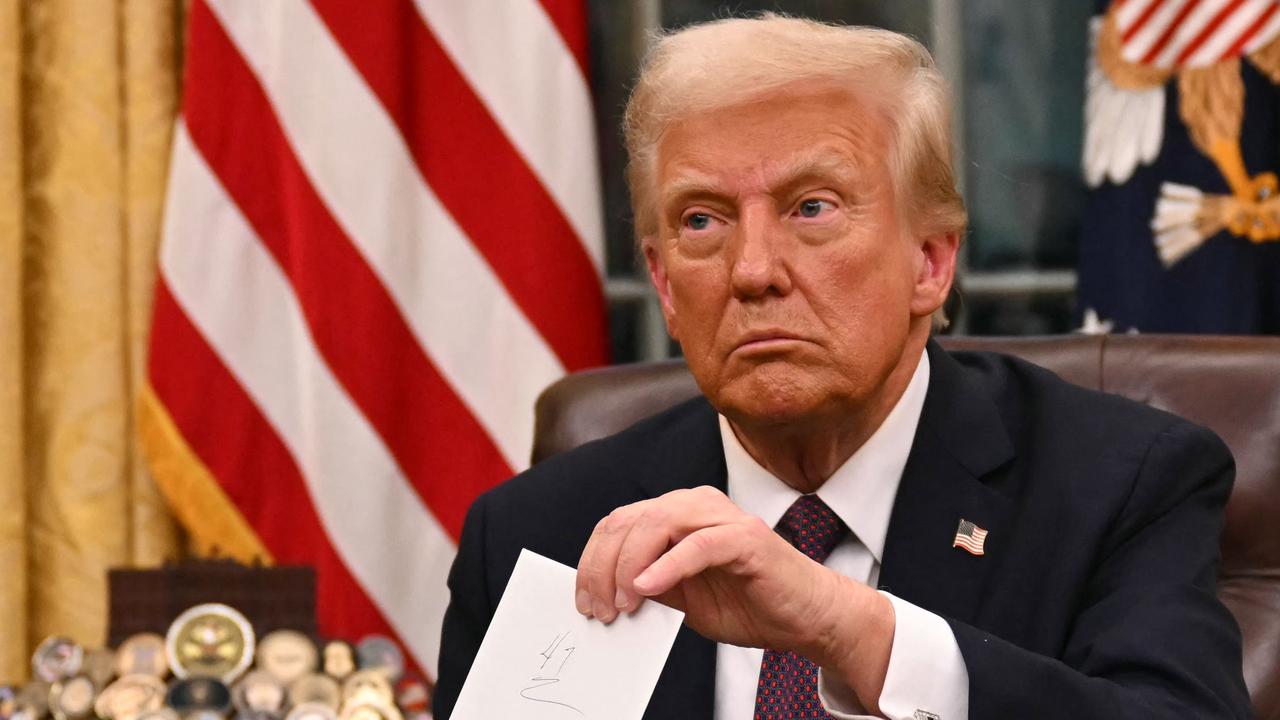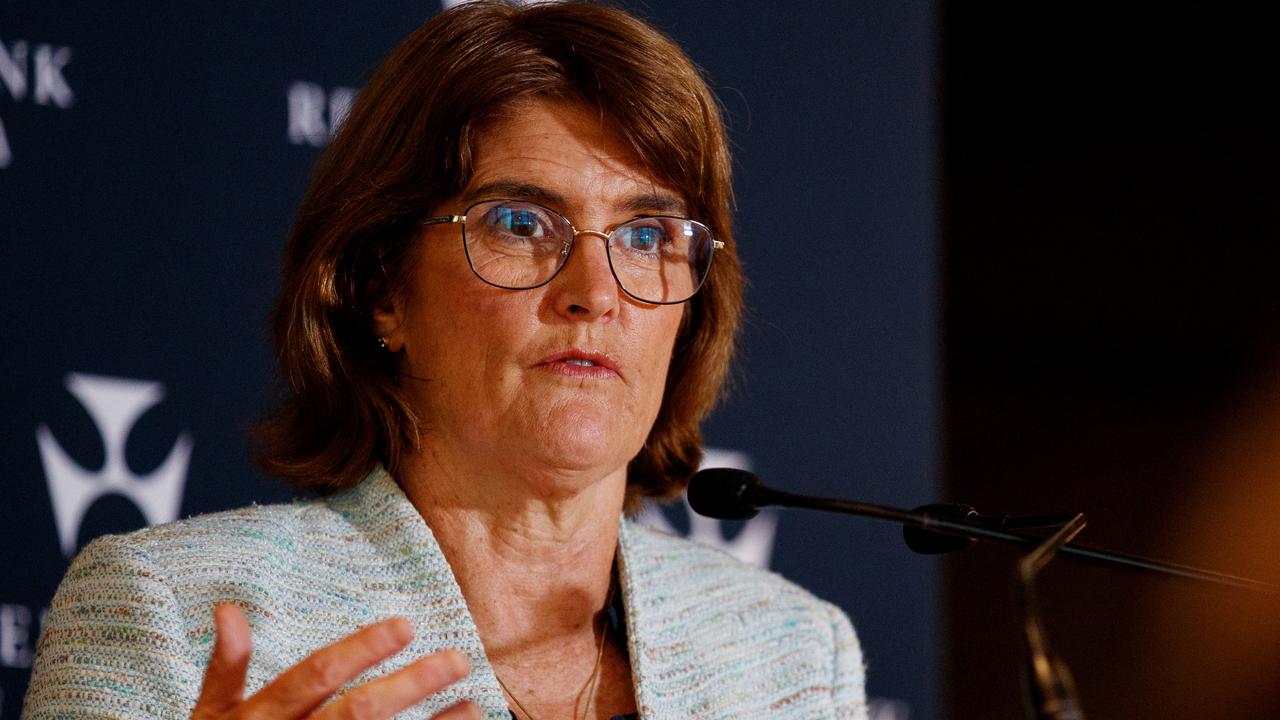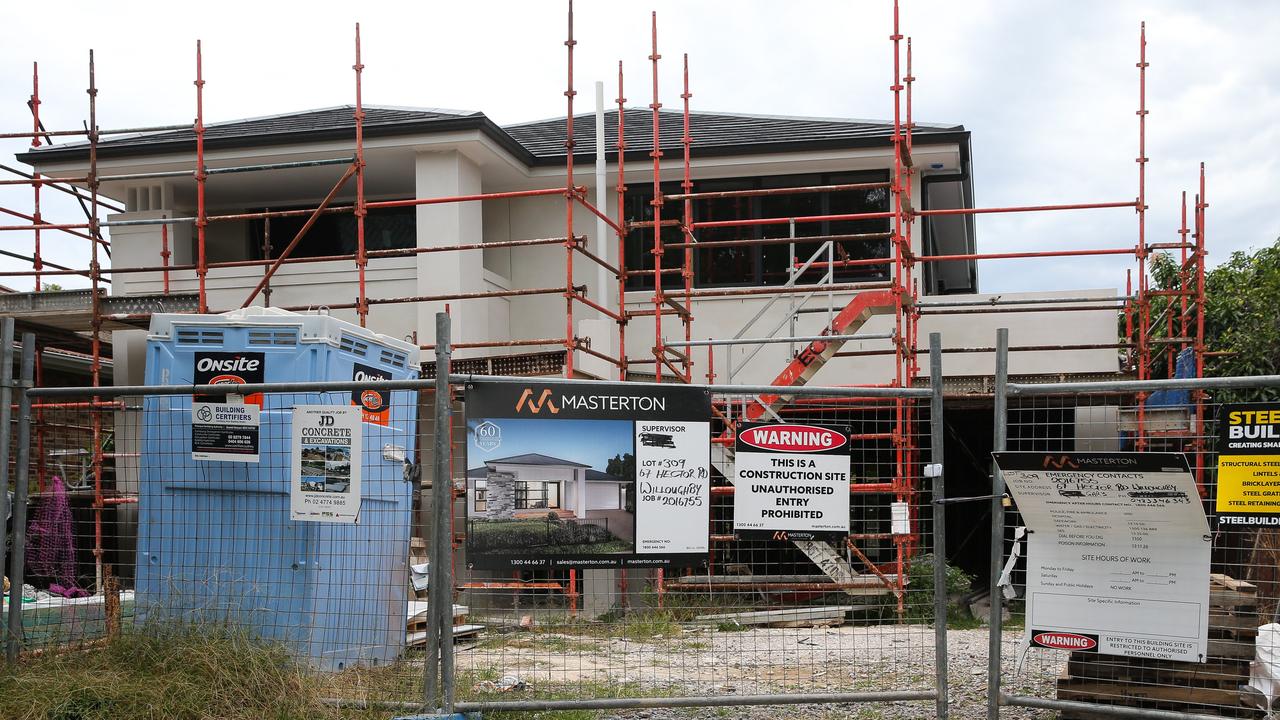Weak dollar could delay rate cuts
A WEAKER dollar could delay an interest rate cut due to worries about the effect of higher petrol prices on inflation, economists say.
Weak dollar could delay rate cuts
A WEAKER Australian dollar could delay an interest rate cut as central bank policymakers worry about the effect that higher petrol prices could have on inflation, economists say.
Commonwealth Bank economists are debating whether world financial jitters will spark an October rate cut or if high inflation will delay relief for borrowers.
Turmoil on global financial markets has caused the Australian dollar to shed 19 per cent in the past two months, marking the sharpest decline since the Australian dollar was floated in 1983.
The Australian dollar finished below US80c twice this week amid the collapse of the 158-year-old US investment bank Lehman Brothers causing panic on financial markets.
Commonwealth Bank chief economist Michael Blythe said the Reserve Bank of Australia would keep rates on hold in October but act in November, as a weaker Australian dollar stopped consumers enjoying the full benefits of cheaper crude oil.
The potential inflation implications of a lower Aussie are another factor that may stay the Reserve Bank's hand,'' he said.
"The drop in the Australian dollar has prevented the full benefit of falling oil prices flowing through to retail petrol prices.''
Capital city petrol prices are hovering around $1.60 a litre even though crude oil prices have dropped by a third since July to less than $US100 a barrel.
Mr Blythe's views on interest rates are at odds with the futures market, which has fully priced in an October cut following the latest financial markets turmoil.
The chief economist at Commonwealth's broking arm CommSec, Craig James, said the RBA's monetary policy stance now looked ambiguous amid falling share prices and high inflation.
"We are no closer to an answer on whether the next rate cut will be delivered in October or November,'' he said.
"Investors are confused that central banks are still fretting about inflation when asset prices are plunging and economic growth is under threat.
"If the global financial crisis worsens, we expect the Reserve Bank, unlike some other central banks, to respond quickly by cutting rates as it did in 2001.''
The RBA cut interest rates this month for the first time in seven years, taking the cash rate to seven per cent from 7.25 per cent, as evidence pointed to slowing demand.
The central bank is still worried about price pressures and expects inflation to peak at five per cent later this year, which is well above the RBA's two to three per cent target band.
The Australian dollar fell below 80 US cents last week for the first time in 13 months as sharp slides on Wall Street turned traders off financial shares and high-yielding currencies.
In mid-July, the Australian dollar reached a 25-year high of 98.50 US cents.
This compares with an all-time low of 47.78 US cents in April 2001, a month after the tech bubble burst.
The Australian dollar fell below 56 US cents in August 1998, a year into the Asian financial crisis.
A weaker local currency makes Australian exports cheaper and encourages Australians to spend their money domestically rather than overseas.
"A lower Australian dollar will help the real economy fend off some of the damage from the credit crisis,'' Mr Blythe said.
"It certainly helped protect the economy during the Asian financial crisis in the late 1990s and the tech wreck around the turn of the century.''



